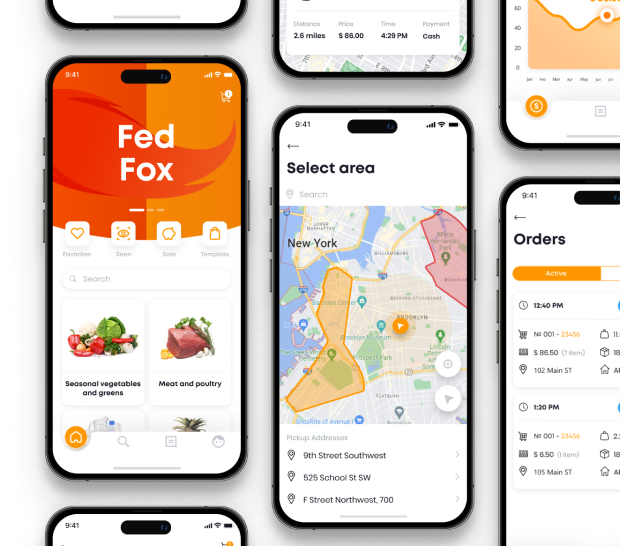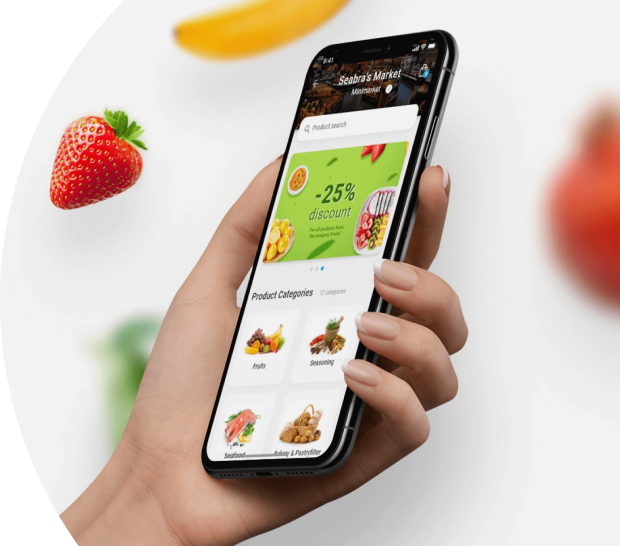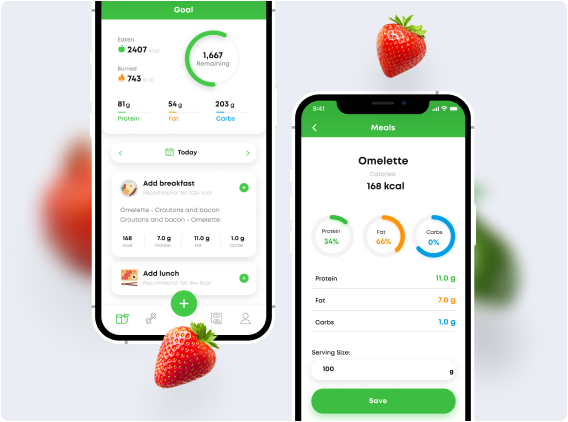Software
Development
for HoReCa
HoReCa
Business
Processes
Digitalisation
From a single solution for integrating with an existing structure, to turn-key development encompassing every aspect of the business.
Mobile App for Your Customers
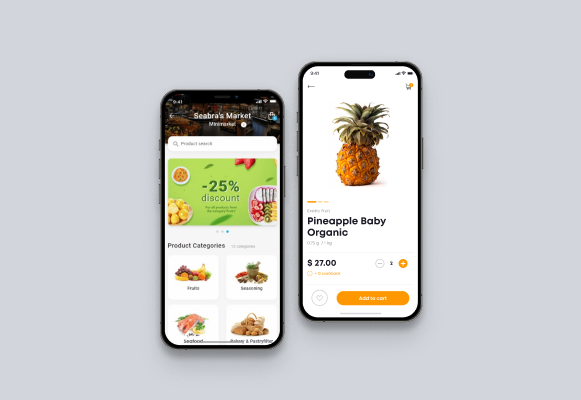
Power of Customised Mobile App & Website
- Convenient menu browsing
- Easy Ordering
- Table reservations
- Marketing tools
- PUSH notifications
And basically everything that fits your business model and goals.
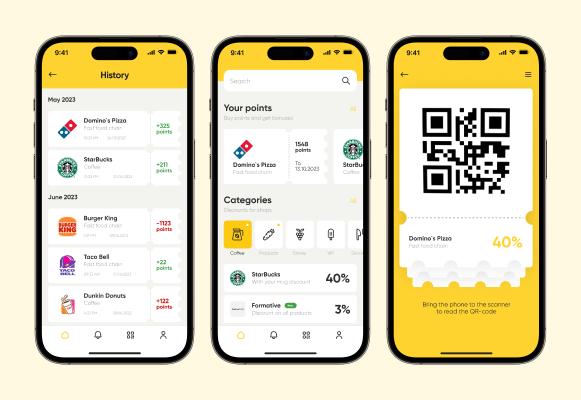
Cashback & Loyalty Reward Programs
- Create versatile loyalty programs.
- Segment customers for targeted rewards.
- Offer special discounts or cashback.
- Excite with exclusive deals and time-limited events.
Elevate customer engagement and boost retention now!
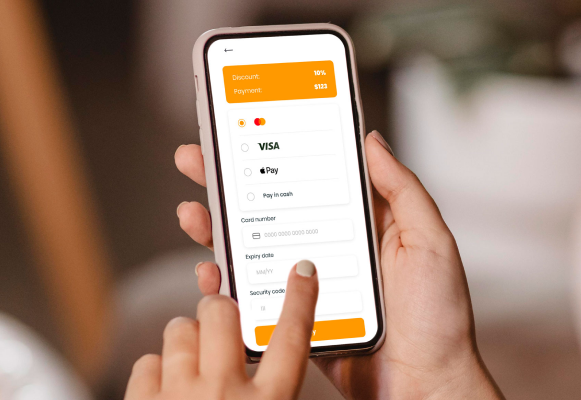
Fastest Payment
- Apple Pay, Google Pay, PayPal, Stripe or any other Payment Gateway;
- Tips;
- Use cash-back bonuses to cover part of the payment;
- Detailed financial statistics in admin panel.
User are likely to spend more when it’s easy to pay.
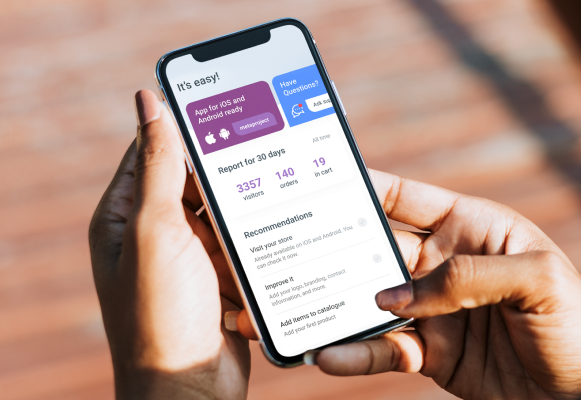
Marketing Efforts
- Segment customers: see those who stopped visiting and return them with special discount;
- Send PUSH notifications with your current offerings;
- Analyse customers behaviour;
- Predict revenue, build sales plans.
Understand your customers better and increase the revenue!
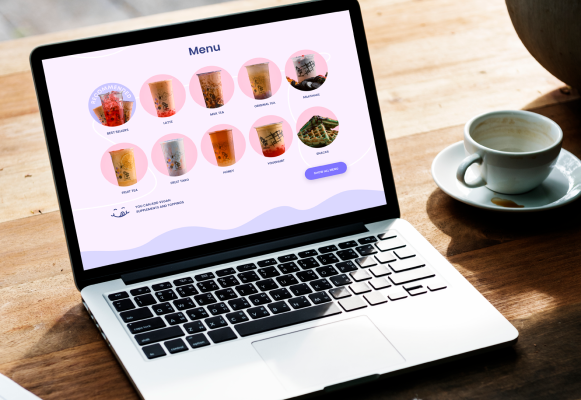
Gamification and Socialisation
If suitable for the business, gamification is a killer feature for your retention
- Mini games to win bonuses;
- Make orders every day to receive bigger bonus
- Create social avatar and share with friends.
Delivery Apps for Customers
and Couriers
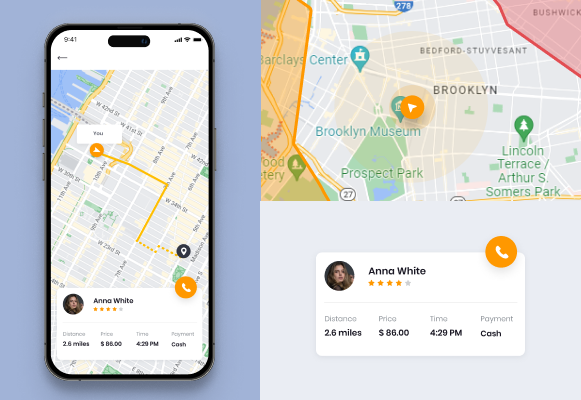
Easy for Customers
- Convenient time slots and saved addresses for delivery;
- Customer sees delivery status online, could see driver on the map and receive PUSH notifications as status changes;
- Rate delivery and leave a feedback;
- Easy to repeat previous deliveries.
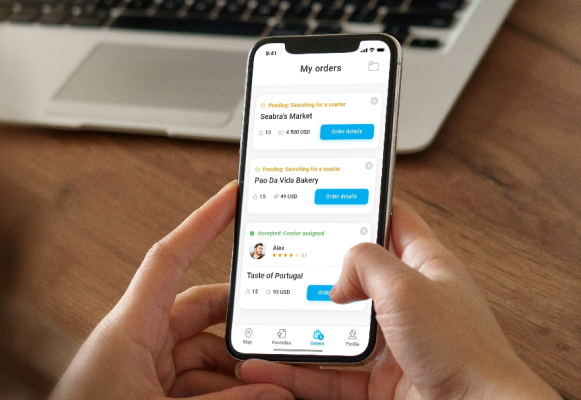
App for Delivery Workers
- Orders assigned manually by manager or automatically by system;
- The most optimal route for all active deliveries calculated;
- Consider the weight of orders and type of the food;
- Communicate with customer via secure in-app chat to clarify delivery details.
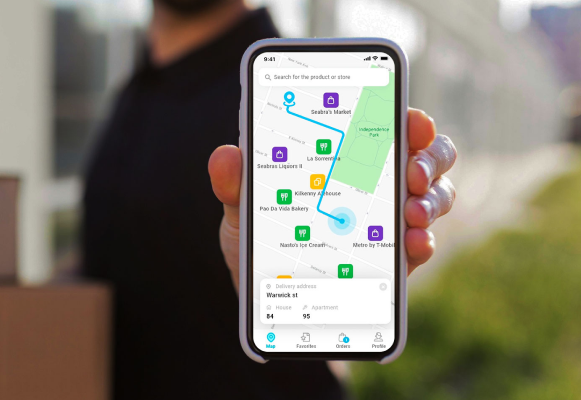
Control Delivery
- See all routes taken by driver and be sure that he didn’t spend business resources for personal errands;
- See statistics of deliveries and control efficiency of employees;
- Setup area for delivery;
- Or separate areas for paid deliveries with various tariffs.
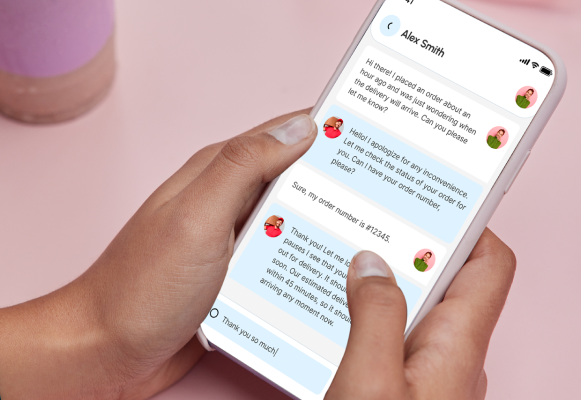
Secure Communication
- Have a messages chat to clarify delivery address or status;
- Video or Audio calls;
- Everything is secure to not exploit real contact data of customers;
- Managers could review and control every chat and communication.
Digital Menus
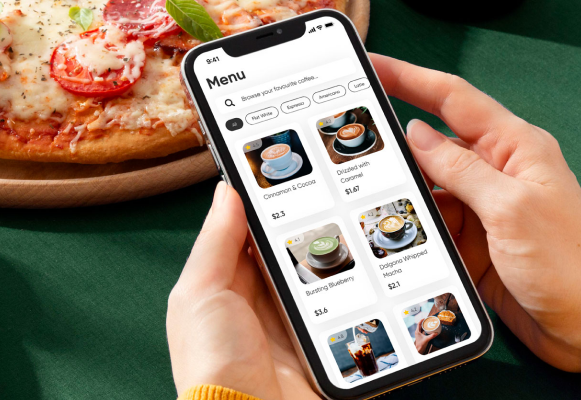
Digital Menus
- Categories, Filter, Search, Cart, Favourites;
- Detailed info on each dish: allergens, calories and more;
- User can scan QR code and open app even without installing it;
- Access from laptop to even more enhanced view.
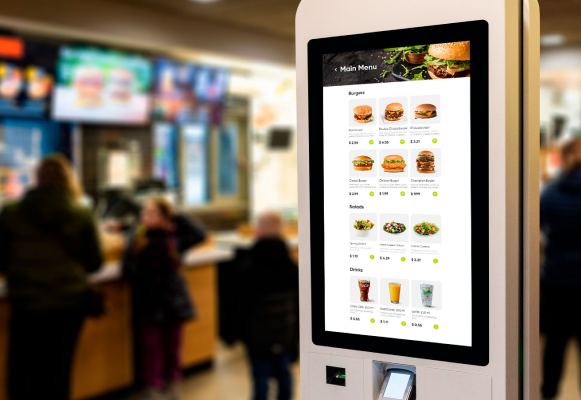
Self-Service Terminals
We manage a software for self-service terminals, enabling even more enhanced experience for your customers.
Users able to not just make an order, but also login to their account
CRM / ERP Admin Back Office
for Restaurant or Cafe
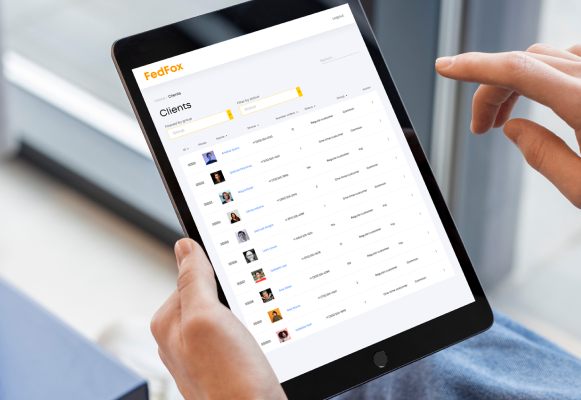
Manage Orders & Customers
- Automatise processes or pick orders manually;
- Manage Up-Sales and Cross-Sales;
- One database of your customers: average check, usual time of visits, birthdays and more;
- See overall info or segmented, or simply by every customer individually.
Gain clearer picture of your business.
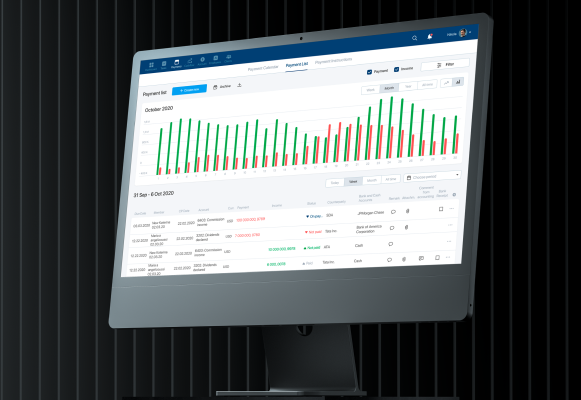
Finance Module
- Control your cashflow, see detailed info of income and expenses;
- See predictions and build sales plans;
- Manage invoices from your vendors and create ones for corporate clients;
- Manage payrolls and taxes.
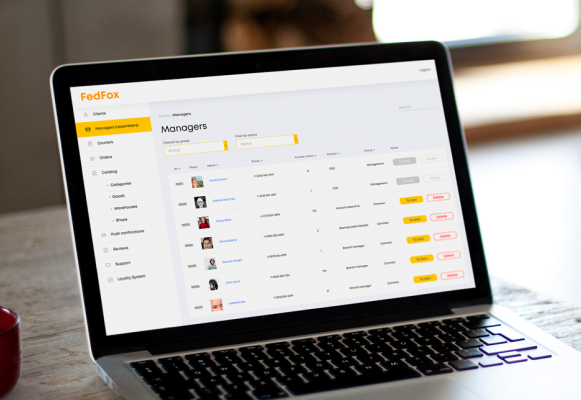
Branches & Staff
- Centralize company management;
- Organize staff and shifts;
- Manage branches, and responsible managers with special access.
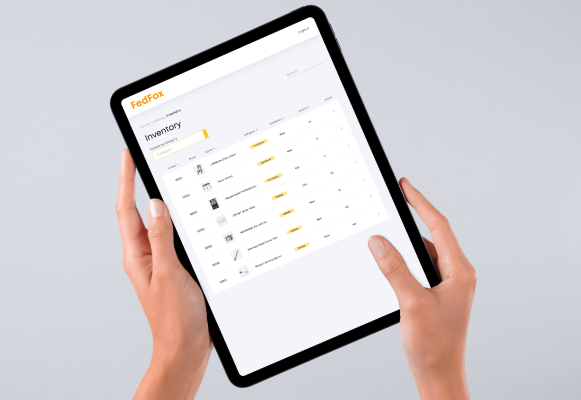
Manage Inventory
- Add recipes to each food;
- Be notified when you soon out of something;
- Manage working tools;
- And more.
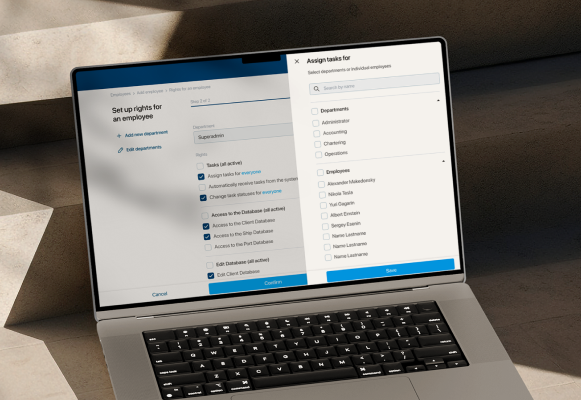
Setup Rules and Permissions
- Limit access of certain users to specific sections of your admin panel;
- Control every action performed in change log;
- Build hierarchy within the company or within each separate branch.
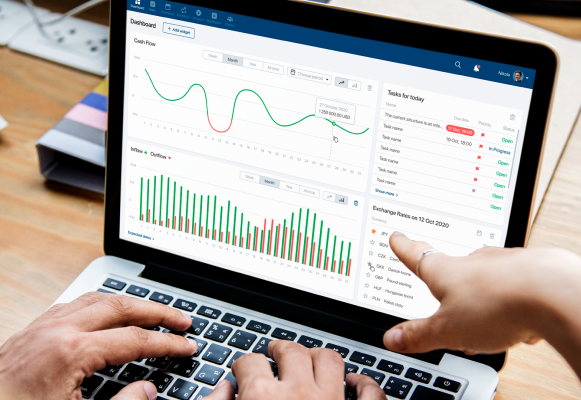
Various Reports and Data
- Setup reports on each and every aspect of your business;
- Export XML or CSV files;
- See live charts on the dashboard screen;
- Analyse and make predictions on your business health.
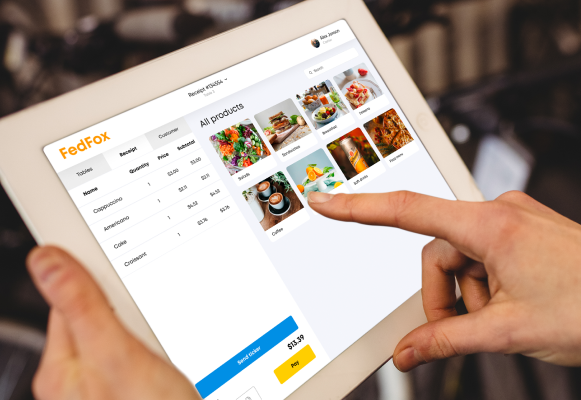
Continues Integrations
We integrate our software with other software that you might already use:
- POS-terminals
- Accounting software;
- Other whitelabel solutions.
What our
customers say
After 5 years of hard work in the industry - we’re recognized as market leaders, consistently rating amongst the top software development companies



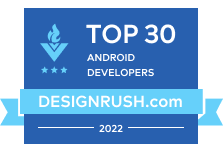
Recent Case Study
F.A.Q.
- Performance: Native apps generally perform better as they are built specifically for a single platform, leveraging the full potential of the device’s hardware and features.
- User Experience: Native apps can provide a superior user experience as they follow the specific UI/UX guidelines of each platform (iOS or Android).
- Development Time and Cost: Cross-platform apps can be developed faster and are often more cost-effective as one codebase can be used to deploy on multiple platforms.
- Features: If your app requires the use of specific hardware features of a device or advanced capabilities, native development might be the better choice.
- Maintenance: Maintaining a cross-platform app can be easier since changes have to be made only in one codebase, but platform-specific issues can sometimes pose challenges.
In the end, the decision should be based on your business needs, target audience, budget, and timeline. We can help you make an informed decision by discussing the pros and cons of each approach in relation to your specific project requirements.
